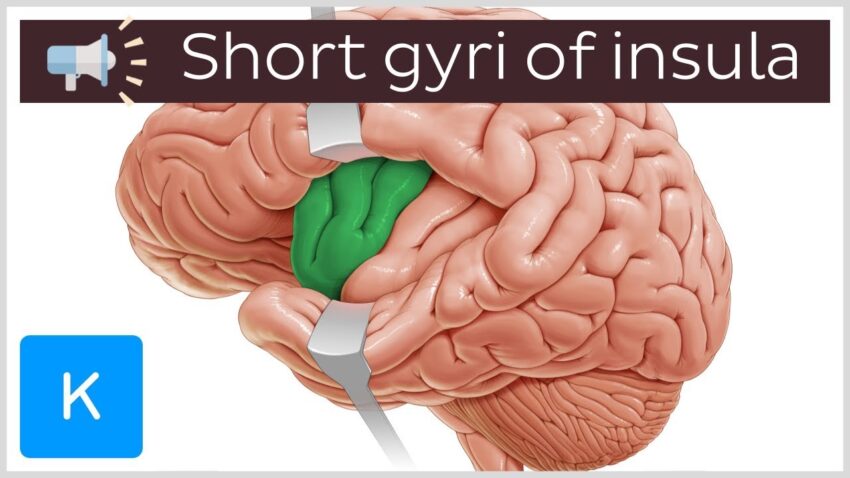A recent study conducted by researchers at the Central Institute of Mental Health (CIMH) in Mannheim has shed light on the effects of stress on alcohol cravings and addiction behavior. The study, which utilized functional magnetic resonance imaging (fMRI), involved 98 individuals with alcohol problems who were subjected to different stress conditions. The researchers aimed to investigate the neural reactivity to alcohol cues, as well as the subsequent impact on alcohol consumption.
During the study, participants were exposed to psychosocial stress, physical stress, or control conditions, with brain activity measured using fMRI. Additionally, alcohol craving and cortisol hormone levels were assessed. Over the course of a twelve-month follow-up period, data on alcohol consumption was collected.
The findings of the study revealed that psychosocial stress led to increased activation of the left insula, a region of the brain associated with the processing of reward stimuli and emotional cues. Interestingly, this heightened activation was specifically observed when participants viewed alcohol-related images, as opposed to neutral images.
The researchers also discovered a correlation between insula activation and heightened alcohol craving, as well as increased alcohol consumption. Importantly, this sensitization to insula activation was only observed in the group exposed to psychosocial stress.
According to Associate Professor Dr. Patrick Bach, head of the Neuroenhancement and Behavioral Addictions research groups at CIMH, these results highlight the significant impact that psychosocial stress has on neural reactions to alcohol cues and subsequent addiction behavior. Previous studies have already established a link between the insula and craving for smoking, and this research now reveals its central role in alcohol craving, particularly under conditions of psychosocial stress.
Dr. Bach further explains that this study contributes to a better understanding of the neurobiological basis of alcohol dependence. The findings may be crucial for the development of new treatment approaches, specifically in the context of stress-induced drinking. By comprehending the role of the insula, more targeted therapies can potentially be developed that address the underlying neuronal mechanisms involved in stress-induced drinking.
These findings offer promising insights into the development of precision medicine for individuals who experience stress-induced alcohol cravings. By focusing on the unique neurobiological responses of each individual, tailored treatments can be devised that directly target the insula and its associated mechanisms.
In summary, psychosocial stress has been found to trigger increased activation of the left insula, leading to heightened alcohol craving and consumption. This study highlights the importance of understanding the role of the insula in alcohol dependence and offers potential avenues for the development of targeted, personalized treatments. The findings bring us one step closer to effectively addressing stress-induced drinking and ultimately combating alcohol addiction.
Note:
1. Source: Coherent Market Insights, Public sources, Desk research
2. We have leveraged AI tools to mine information and compile it

